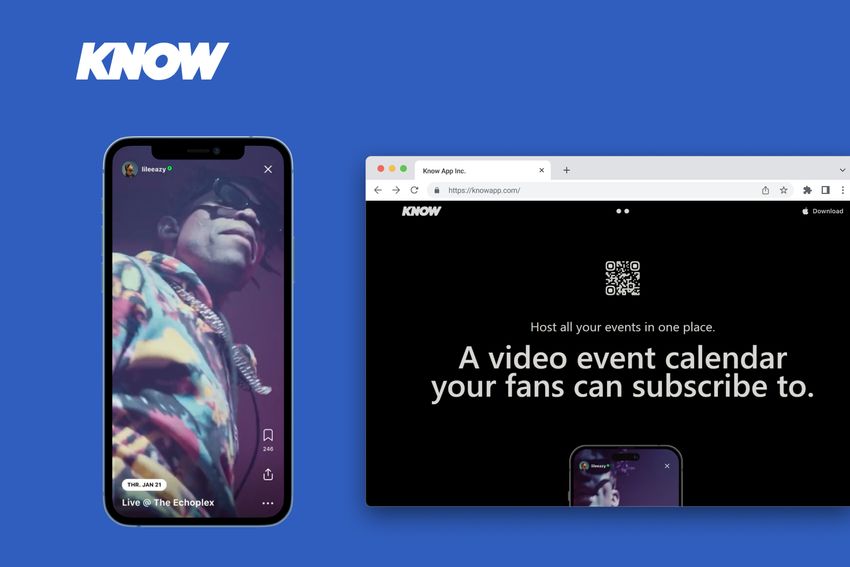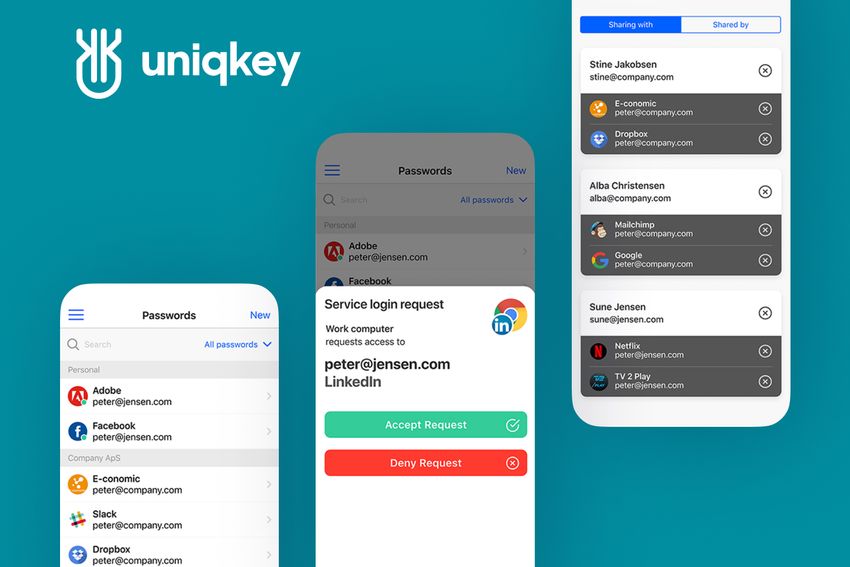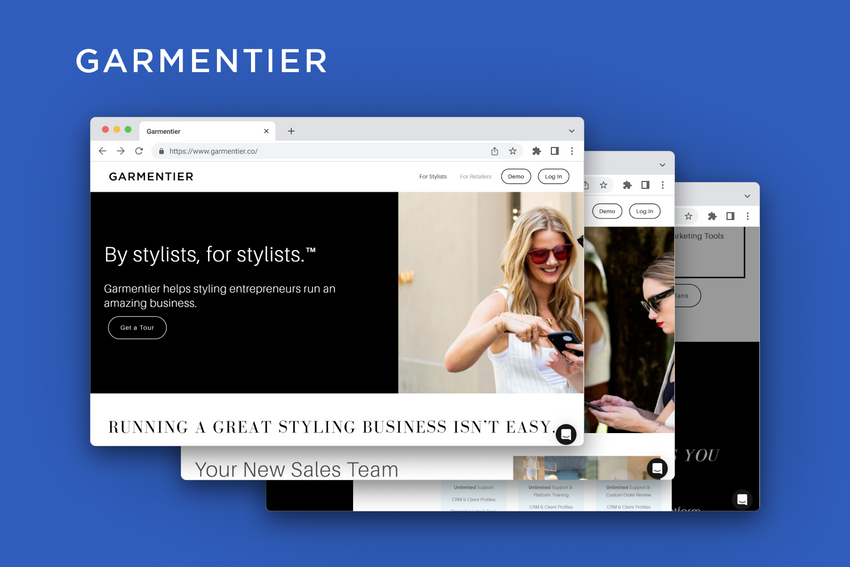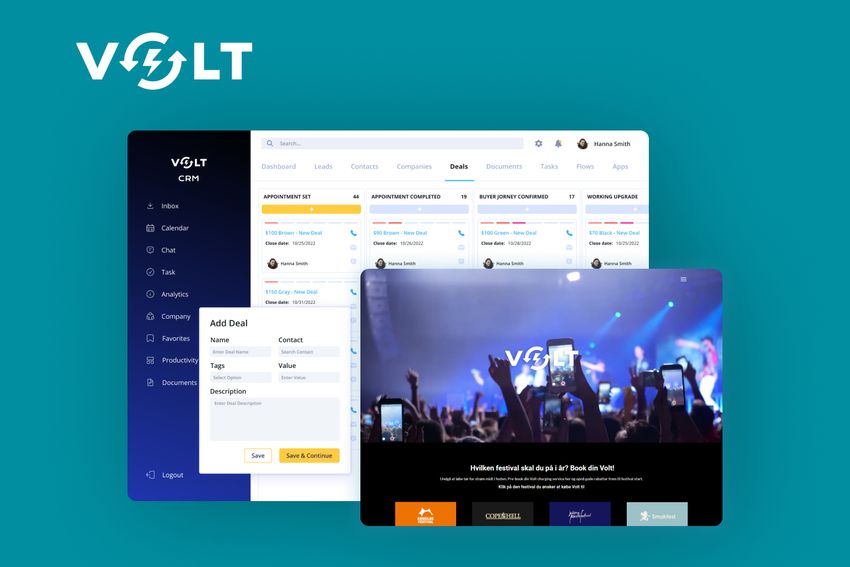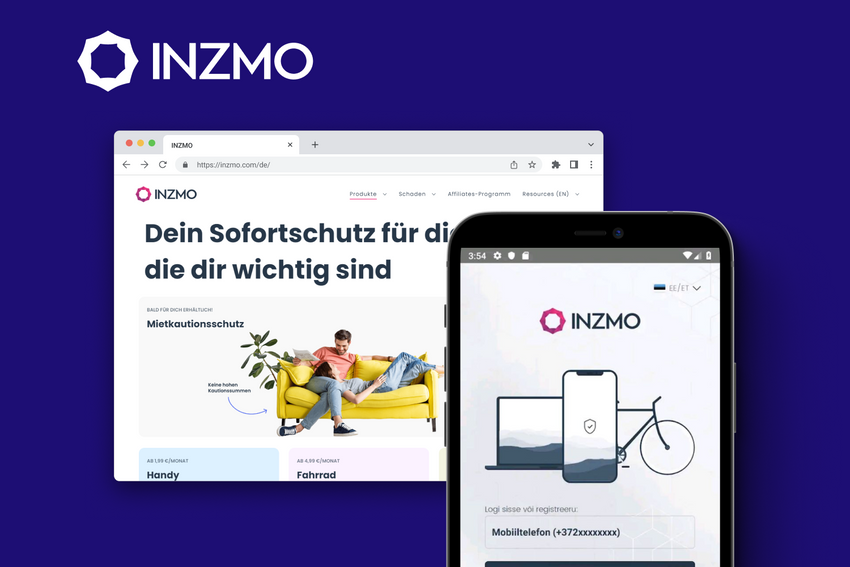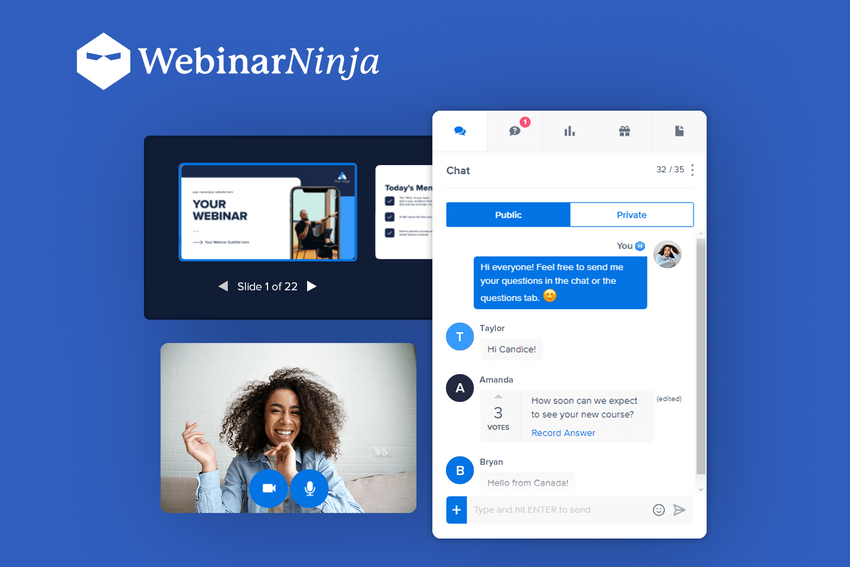Business Portals: 7 Types of Web Portals For Your Enterprise
In our new article, we describe in detail the 7 most popular types of web portals in 2022.
Competition for customers' attention in the online world resulted in IT engineers’ perpetual invention of more robust web technology. Today, online business portals are on the rise. But the difference between various types of web portals often baffles business owners. What web portal should one choose? Is it really worth it? Let’s find the answers to these and other questions together.
Web Portal vs Website: Is There Any Difference?
All right, when it comes to choosing a type of web portal to build, it’s important to determine what a web portal is and how it’s different from a usual website.
It’s quite simple. A website is a collection of web pages that are stored, most of the time, on one server. All visitors see the same information on a website without the need to log in.
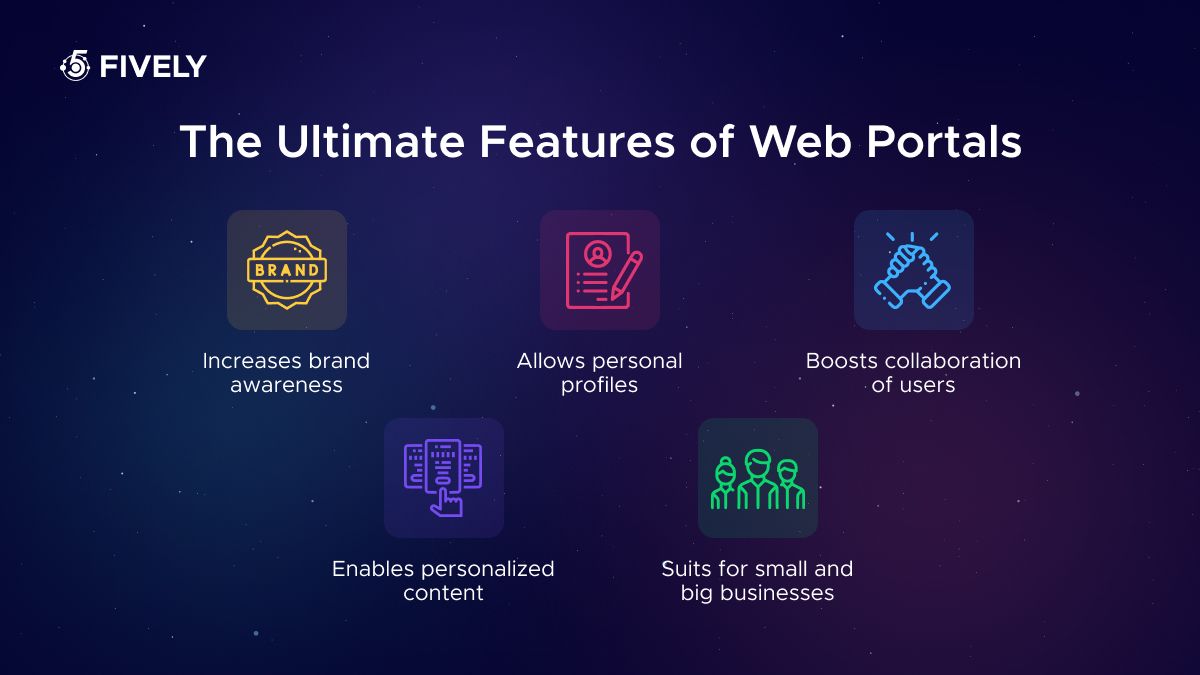
On the other hand, in order to access the contents of a web portal, a user must be authorized, and it usually gathers information from a variety of sources. The step of authentication is crucial here, as it allows web portal owners to provide every client with customized information.
For example, let’s say a university has a website and a web portal. The first is used when we want to look up general information about its programs and tuition fees. Once we become students, we register on the web portal to get our curriculum, access our GPA, or other personal data. University instructors are provided with, let’s say, their schedules and lists of students.
Sometimes, it’s part of a business strategy of many eCommerce businesses to build both a website and a web portal. Each serves its own function and complements the other. A website, for example, can provide new users with general information to entice them to register on the web portal.
Of course, web portals are not limited to the sphere of education. Actually, they can be built for all types of enterprises: eCommerce, healthcare, fintech, and even cybersecurity. Already excited to learn how many kinds of web portals there are?
What Are the Main Types of Portals?
According to whom the services are provided to, web portals are divided into three large groups: intranet, B2C, and B2B portals. The last two terms are quite widespread, and we're not here to ruminate over transparent ideas.
We’re sure you have a general understanding of Business-to-Customer (B2C) and Business-to-Business (B2B) types of transactions. But still, let’s brush up on it. B2C portals aim to provide a person with a service or a product of your company. These include online shops, marketplaces, travel platforms, forums, and others.
B2B portals are, basically, web platforms developed for other businesses to perform transactions with your business. Just like partner or vendor portals.
Easy, right? So, instead of focusing solely on these two broad classes, let’s get into the details and find out the specific types of web portals that hide behind them.
Employee Portals
These portals are usually associated with an intranet, as opposed to the internet, is a network used within a specific organization. Oftentimes, you can hear that the term "intranet portal" is used interchangeably with employee and corporate portals. Don’t be confused. They serve one purpose: to gather all the data about a company in one place to ease workers’ lives.
So employee portals are created so that no outsider can infiltrate its internal machinery, every team member can be provided with all the data they need for work, and management can be streamlined.
Various external apps and databases can be integrated into employee portals in order that workers can access them at one location without having to traverse the net and databases for hours.
On top of that, it’s possible to build an employee portal via which every staff member can be provided with their personal dashboards and keep track of time and projects completed.
HR Portal
Sometimes an employee portal takes the form of an HR portal. They’re used by the HR department workers to make staff records, check the performance of workers, make plans about their training and onboarding, monitor working hours, and perform any other tasks the job of HR involves. HR portals help workers reach the company’s regulations without the need to contact the HR department directly.
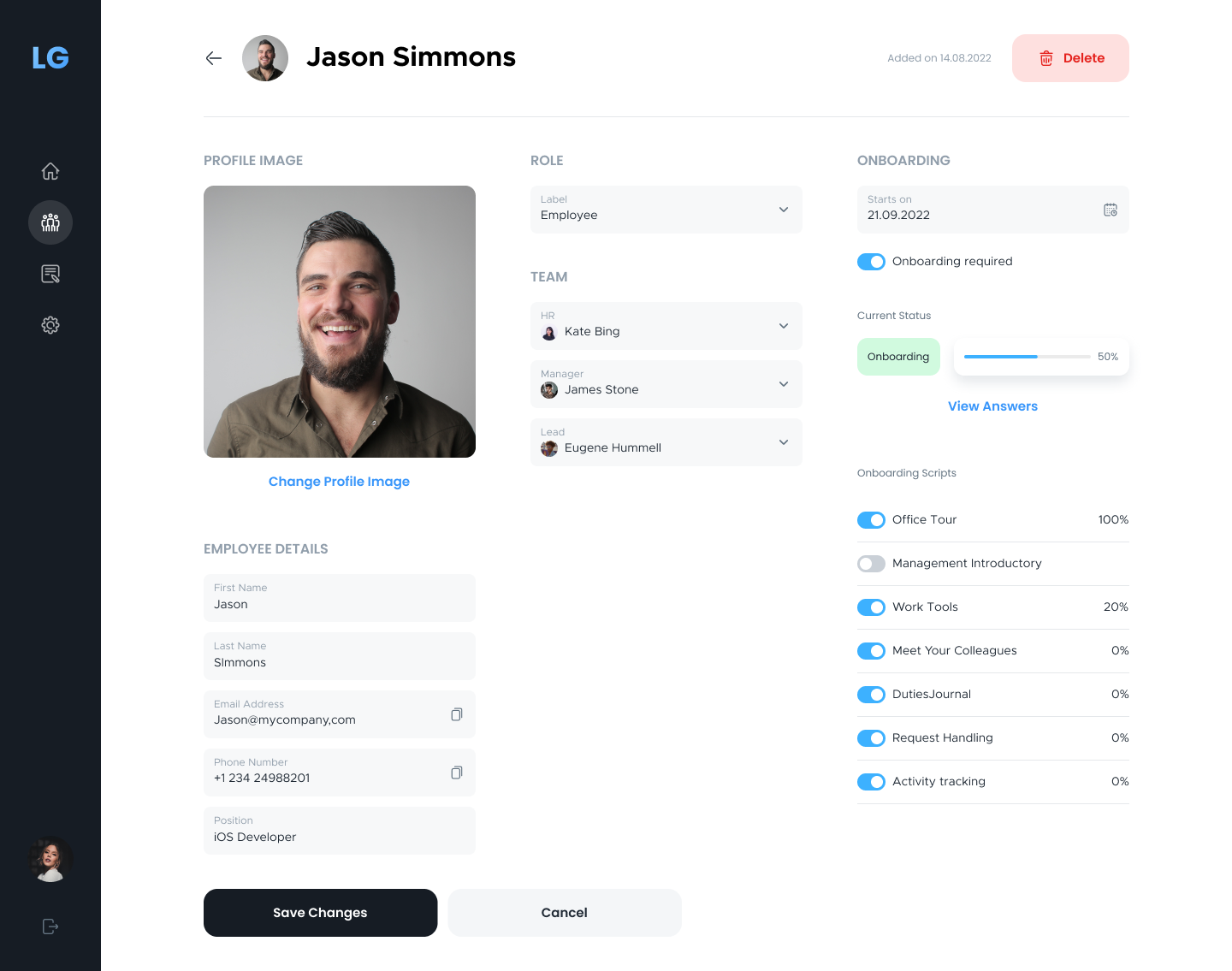
Such portals can be used to notify workers about upcoming events and deadlines and even send them personalized feedback on the projects they have completed. On the whole, they’re used to automate burdensome processes and reduce the amount of paperwork, sometimes by means of building comprehensive and, most importantly, easily accessible repositories.
eCommerce portals
Every person, as a customer, feels valued when a seller offers them the products and services that suit their needs, and not something universal and mediocre. This is the aim of every eCommerce portal: to make every user feel seen.
Besides highly personalized offers, eCommerce web portals make the payment process easier and provide customers with much better security than a usual eCommerce website.

Portals for eCommerce can be created for either B2B or B2C businesses. With the help of a custom software development company, business owners can integrate special features they feel are needed to make a web portal unique. It could be anything from tracking shipping and deliveries to previewing items for sale.
Client Portals
These have many names and are generally referred to as B2C portals, customer portals, and client portals. Just as the name implies, they’re used to provide a client with their personal data connected to a company. Users can access their medical records in a clinic or balances in a bank via client portals.
Self-Service portals
This type can be found in every industry. Today, people rely more on themselves and are not willing to communicate with someone else, let alone ask for help. So self-service portals are built to allow customers or employees to look for the answers themselves.
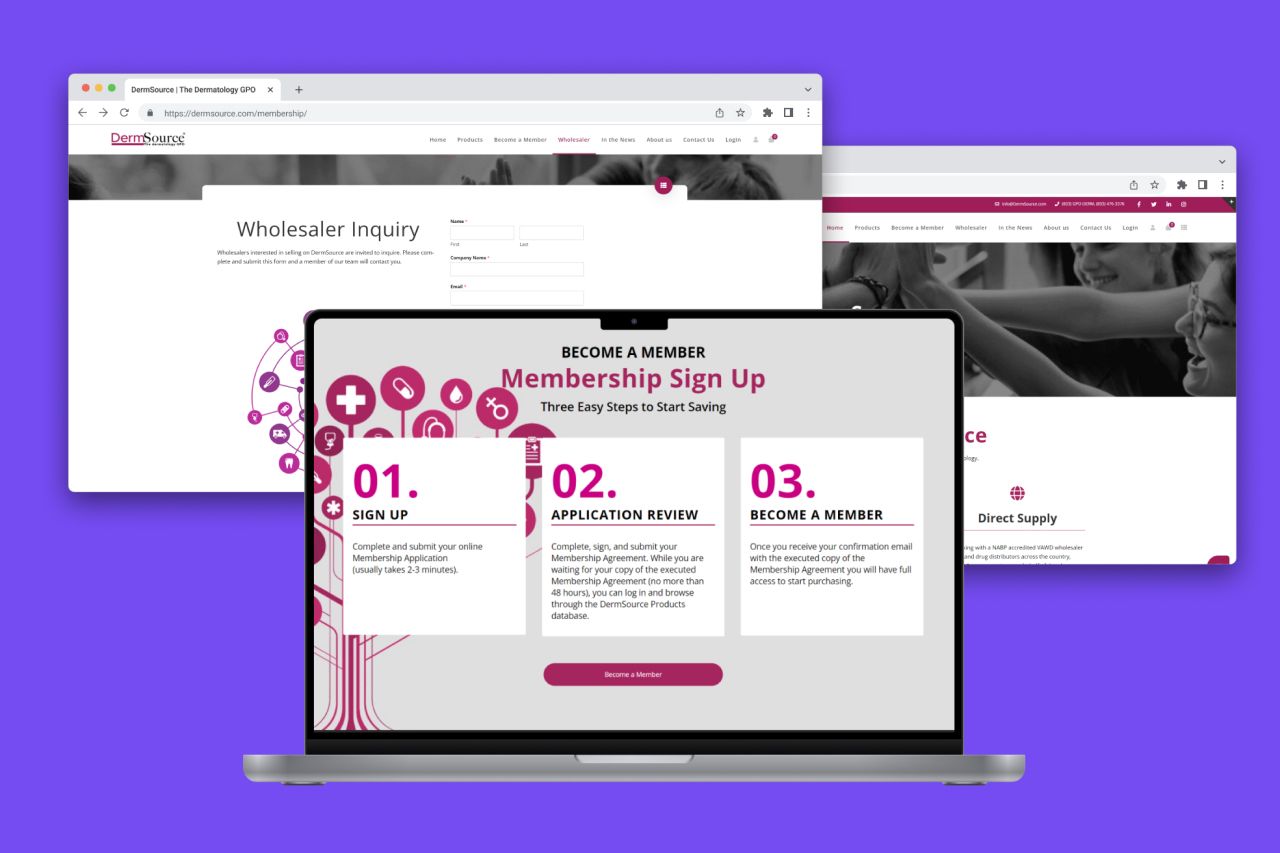
Clients tend to spend several minutes solving their problem on their own with the intuitive UI and personalized information, increasing their self-esteem while business owners save money on a reduced number of customer-support workers.
Partner Portals
An enterprise can’t exist in total isolation, and many companies decide to team up and help each other. For this cooperation to be profitable for every party, many companies resort to building a partner portal.
For example, a large company can build a partner portal so that affiliate companies that resell their products can have access to current pricing and updated information about every item.
Community Portals
Such web portals can be another tool to establish long, trustworthy relationships with your customers. At the community portals, people united with the same interests can communicate with each other, exchange reviews on products and services, and share their personal experiences.
It can be, for instance, a community portal for an online shop where customers make reviews and assess shipping to their cities.
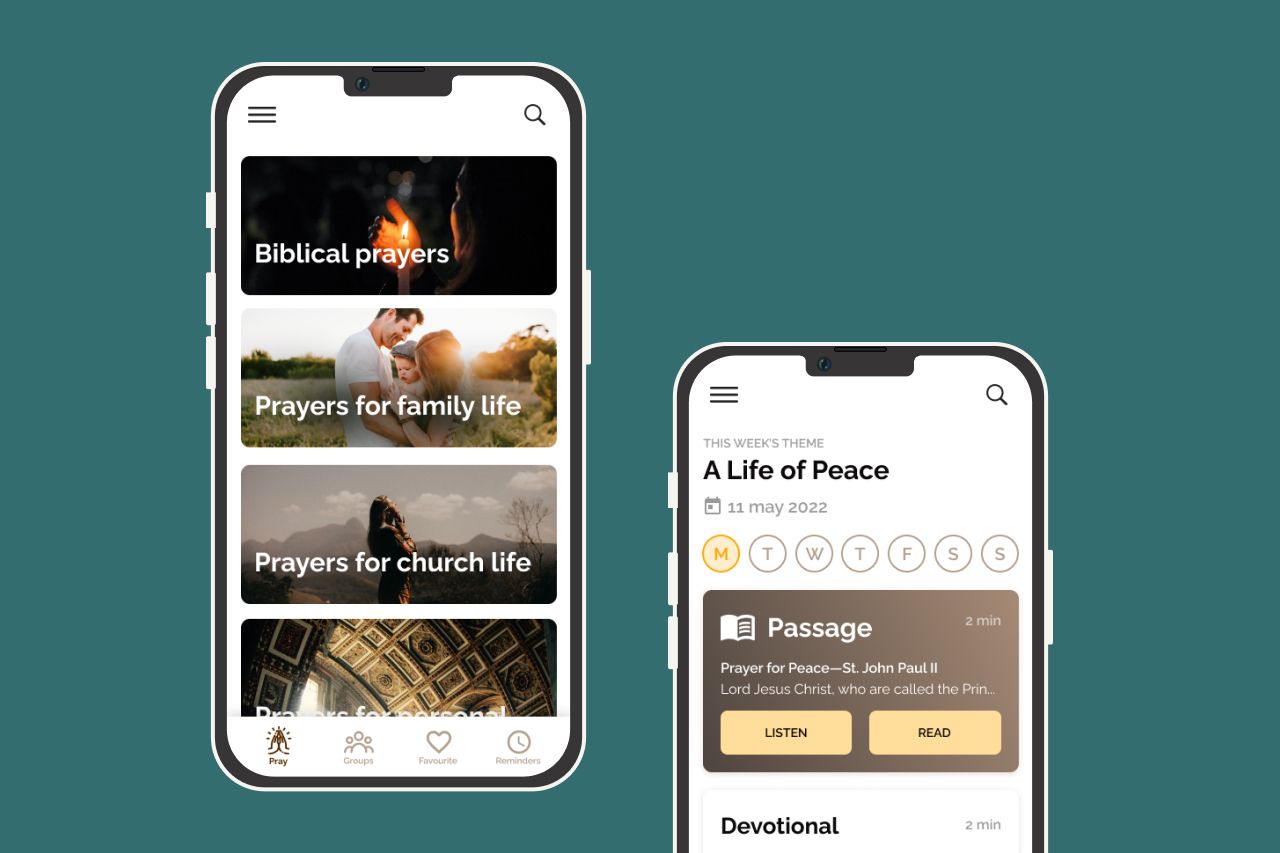
By providing users with the opportunity to freely express themselves, you will assure them of the reliability of your product, thus increasing your earnings.
By the way, some opt for enhancing their community portals with quick polls and group discussions to gather more information about the target audience and increase engagement.
Summing Up
All these types of web portals are not mutually exclusive. Some business owners choose to create and maintain several types of web portals simultaneously or combine functions of one type into a single portal.
Here is an example. Some eCommerce web portal owners build a community portal in order to study the preferences of the audience and conduct advertisement campaigns. Both portals can be integrated with a CRM to compile clients’ profiles, personalize information, and solve their problems quickly at their address to a service center.
What Are the Benefits of Custom Web Portals?
Be it a small agricultural company or a dental clinic, web portal development is one of the easiest ways to capitalize. Hardly any other web-based software product can provide the same UX and UI as a web portal. Moreover, they can be integrated with third-party tools and apps, including Customer Relationship Systems (CRM), Learning Management Systems (LMS), and even AI-powered chatbots.
Feel like all the features we’ve described above are not convincing enough? Okay, then. Let’s point out three main benefits business owners get from the development of a custom web portal.
First, web portals are built to instill a feeling of uniqueness in every client. The more each customer feels special, the more eagerness they will have to use your portal. For example, patients who are seeking treatment for tooth decay can be offered related services in dental hygiene. Or in the case of an eCommerce portal, after buying a coffee maker, clients can see coffee beans and cups pop up in their recommendations.
Second, web portals make it possible to collect all information pertinent to a particular field in one place, reorganizing the workflow to make it more efficient. Intranet portals allow workers to quickly access the documents they need and accountants to monitor the salaries of each department. Agencies can curate content via partner portals and provide each other with only essential information.
Third, web portals facilitate communication. Thus, workers or clients can feel a part of a bigger community, while managers can achieve valuable feedback and improve a company’s products.
Finally, imagine a huge department store with many sections. Of course, you can spend hours searching for a particular object by wandering around an infinite number of aisles. But wouldn't it be more time-efficient to ask an omniscient salesperson to walk you to the right section?
Explanation: A salesperson is a metaphor for a web portal, and its job is making our lives easier.
How to Build a Web Portal?
It’s possible to create a web portal using open-source frameworks and templates. But there is one caveat. Your web portal will, basically, become the ambassador of your brand in the online realm. The linchpin of the clients and your company can’t be mediocre, as it will be simply lost in the plethora of similar web products.
The idea of entrusting the development of a web portal to others may sound scary as it demands more financial investments. And it’s right. The cost of a custom web portal is definitely higher than, for example, downloading plugins for a WordPress website. But in the long run, it becomes clear that it’s better to pay the on-demand developers to have the job done immaculately rather than waste time on doing it yourself and ultimately getting something that can be roughly described as "good".
But we never insist; we only explain. That’s why we want you to know what steps our software development company follows when building a custom web portal.
- We listen to the goals and your ideas about a future web portal and plan its architecture accordingly.
- Then, we work out the UI based on your vision and the successful showcases of our company and other big players in the field of software development.
- We write the code and make sure that a web portal works well on various devices and browsers so that every client can relish interacting with your web portal.
- The final step on the list is not really final. We provide maintenance for the custom web portal we’ve developed and help with all the possible problems you may encounter during its operation.
But Still, What if a Custom Web Portal Is Not What I Need?
So you’ve decided to go with the idea of building a web portal. After the initial preparation, determining your goals, and choosing the right type of web portal, something unexpected happens. Doubts creep in. Should I really go for the development of a web portal? Maybe there is some more viable option that I don't see yet? And what if a mobile app will suit my business needs better?
If you’re haunted by these or similar questions, we advise you to contact a reliable custom software development company, which will present you with a comprehensive picture of all the options available for your business.
Don’t let off-the-shelf software solutions drag your business down. Together with Fively, you can find the optimum software product with just the right tech stack.
Reach out to us if you want to have an exceptional web app and other software tailored for your enterprise.
Need Help With A Project?
Drop us a line, let’s arrange a discussion
Frequently Asked Questions
What is a web portal?
A web portal is a web-based interactive platform with several sources and databases plugged in to provide users with the convenience of accessing all the information from multiple sources in one place.
Initially, all the users see a unified landing page, but after logging in, they’re presented with personalized information, which is the main benefit of web portals. It can be a student's personal curriculum and relevant school materials or a worker's activity dashboard.
What are vertical and horizontal web portals?
Web portals are usually classified according to three criteria: end users, industry, and the operation principle. The last one divides web portals into vertical and horizontal ones.
Vertical web portals serve one industry, such as healthcare, construction, fintech, or any other. They’re built to provide clients with the information about a specific company or service and nothing above that. A vertical web portal example is DogQ, which is dedicated to codeless test automation.
One of the perfect examples of a horizontal web portal is Yahoo. These web portals don't focus on a particular domain but serve as a gateway to other sources such as emails, horoscopes, and news. Users of horizontal web portals can avoid registering on different web platforms, as all the data is already aggregated for them on a horizontal web portal.
How much does it cost to build a web portal?
All the projects are different and can’t be lumped into a single bucket. That's why there is no specific amount, you need to budget for building a web portal. The price depends on the complexity of a web portal; the number of engineers, and the type of technology stack that is going to be involved in the project;
How long should I wait for my custom web portal?
For the reason that every software project is unique, it’s impossible to tell neither the exact time frame nor the precise amount of money needed to be invested. On average, it takes somewhere about 6 months to have a custom web portal working flawlessly.
Should I build several web portals for various devices?
No. The top priority of a web portal is the satisfaction of an end user, whether it’s a customer, an employee, or another company. It wouldn’t make sense if web portals were built only for mobile phones or for Chrome users. At Fively, we make every effort to provide clients with access to a web portal, regardless of what kind of device or browser they prefer.
What is the difference between a native app and a web portal?
Native apps should be written in different programming languages for different platforms, and they need to be installed on a mobile phone. While web portals function inside any browser and don’t take up a phone’s storage. At the same time, users can have access to mobile apps even if they don’t have an internet connection and use, for example, a camera, which is not available for web portals.




